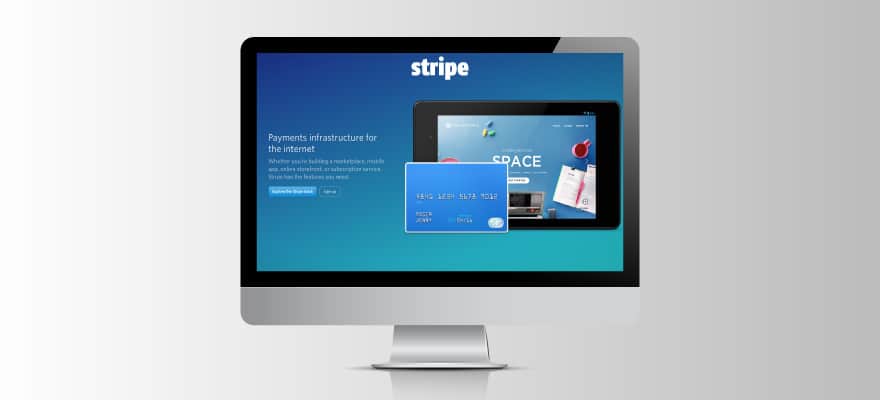Payment processing giant Stripe has stopped supporting Bitcoin on its platform, according to a company blog.
Discover credible partners and premium clients at China’s leading finance event!
The change will happen gradually over the next three months, with the planned end date being the 23rd of April.
"Over the past year or two, as block size limits have been reached, Bitcoin has evolved to become better-suited to being an asset than being a means of exchange," wrote Tom Karlo, a product manager at Stripe.
Bitcoin became extremely expensive in 2017 in terms of both its value and how much it costs to use. Transaction times have become so long that making Payments in Bitcoin simply isn't feasible any more for many: "By the time the transaction is confirmed, fluctuations in Bitcoin price mean that it’s for the “wrong” amount," explains Karlo.
Damningly, he says: "...we’ve seen the desire from our customers to accept Bitcoin decrease. And of the businesses that are accepting Bitcoin on Stripe, we’ve seen their revenues from Bitcoin decline substantially."
Stripe is a fintech group which was founded in Ireland by John and Patrick Collison in 2010. It offers payment processing with built-in safeguards against fraud. Launched publicly in September 2011, by 2014 it was supporting more than 130 currencies. It is now operational in over 25 countries, and it was ranked number one in the Forbes Cloud 100 in 2017.
It has received funding from venture capitalists Peter Thiel, Sequoia Capital, Andreessen Horowitz, and Elon Musk. It began accepting Bitcoin transactions in March 2014, the first major payments company to do so. At the time, Patrick Collison said: “We acknowledge that bitcoin is important today … it may or may not be important in five years.”
As it turns out, less than four years was sufficient for the company. Karlo states in the blog that the company remains optimistic about cryptocurrency in general, citing the Lightning Network, Ethereum and Bitcoin Cash as areas of possible future interest.
He adds: "Bitcoin itself may become viable for payments again in the future."


















